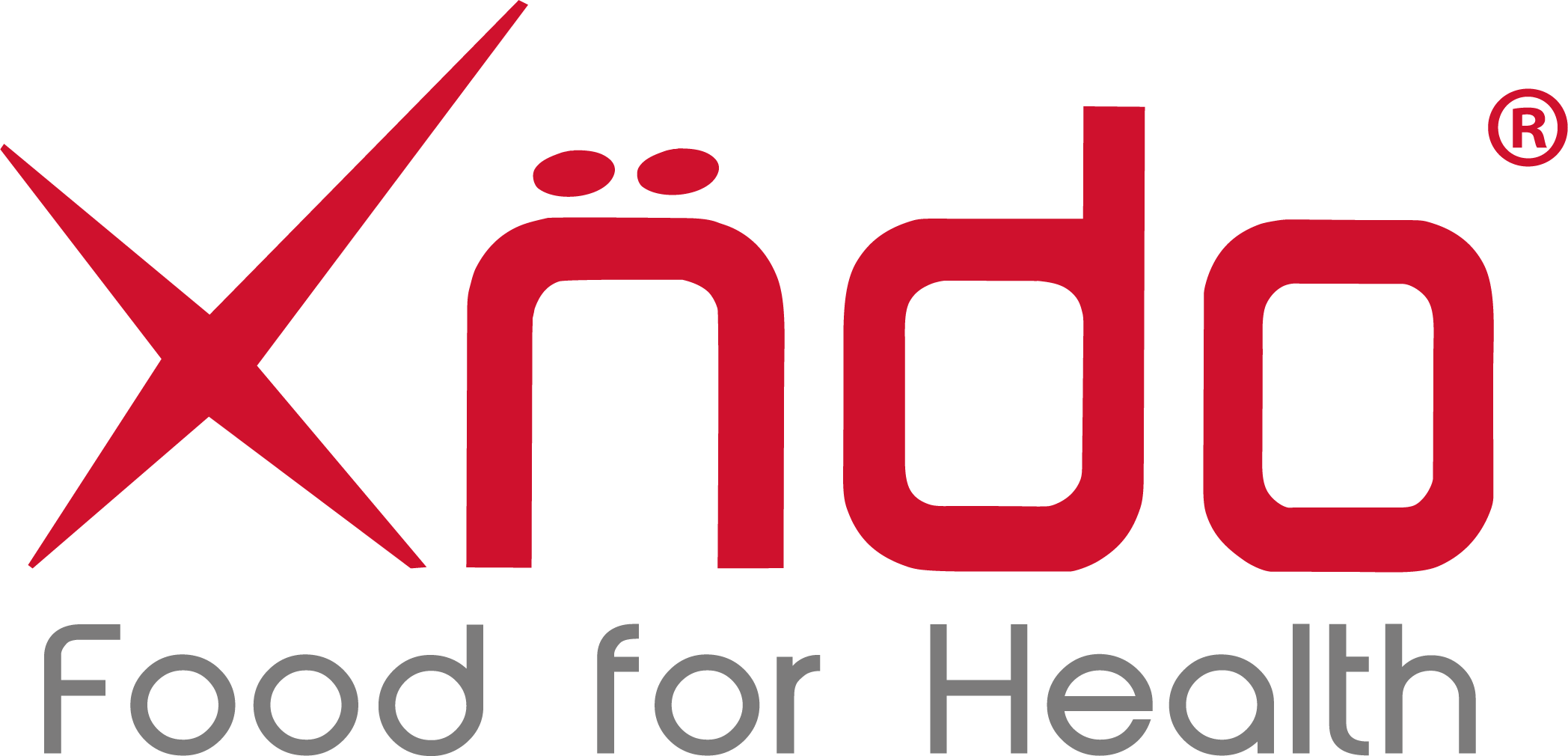
We have moved! Visit us at LAC.sg
For existing XNDO members, don't fret! We are in the midst of migrating your membership information and Bonus$ across.
You may have some questions so here are the FAQs.
We appreciate your patience and continued support.
In the meantime, for any assistance, do reach out to us on LAC.sg via the live chat. We look forward to serving you at LAC.sg.
